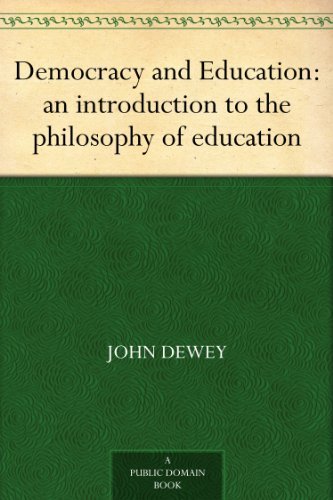Democracy and Education: An Introduction to the Philosophy of Education by John Dewey Link to heading
Summary Link to heading
“Democracy and Education,” written by John Dewey in 1916, is a seminal work exploring the relationship between education and democratic society. Dewey argues that education plays a crucial role in promoting democratic ideals by fostering critical thinking, participation, and communication. The book outlines Dewey’s philosophy of education, emphasizing experiential learning, where students engage with their environment actively rather than passively receiving information. Dewey highlights the need for an education system that prepares individuals for a changing and complex society, balancing traditional knowledge with new learning methods that prioritize problem-solving and reflective thought.
Review Link to heading
“Democracy and Education” is a highly influential work that has shaped modern educational theory and practice. Dewey’s insights into the intersections of education, democracy, and society remain relevant, demonstrating the need for educative processes that engage and empower learners. The book’s strength lies in its holistic approach to education, integrating knowledge, skills, and values that contribute to personal development and societal well-being. However, some critiques point to its dense and philosophical language, which may pose challenges for readers new to educational theory.
Key Takeaways Link to heading
- Education should not only transmit knowledge but also nurture critical thinking and problem-solving skills.
- Learning is most effective when it is experiential, engaging students actively with their environment.
- Schools should serve as mini-democracies, providing students with opportunities to practice democratic principles.
- A flexible curriculum that adapifies to societal changes can better prepare students for future challenges.
- Effective education fosters communication and cooperation, supporting both individual and community development.
Recommendation Link to heading
“Democracy and Education” is recommended for educators, policymakers, students of educational philosophy, and anyone interested in the role of education in societal transformation. Readers who seek to understand the foundational concepts of progressive education and wish to explore how educational systems can support democratic and inclusive practices will find Dewey’s insights profoundly valuable.
